
This coming Friday (25th November 2022) is Black Friday, and we've got a very special offer for everyone who enrols on one of our trade courses this week.
More...

We are pleased to announce that Access Training is now partnered with Rated People, the UK's top online marketplace for trustworthy tradespeople.
Anyone can post a job on the Rated People website - for example, if Joe Bloggs needs a plumber to fix his leaky sink, he can submit a request via Rated People and nearby tradespeople will be able to offer their services.
Once the job is done and dusted, Joe can post a review on the plumber's profile page to let others know whether that particular tradesman proved reliable.
More...
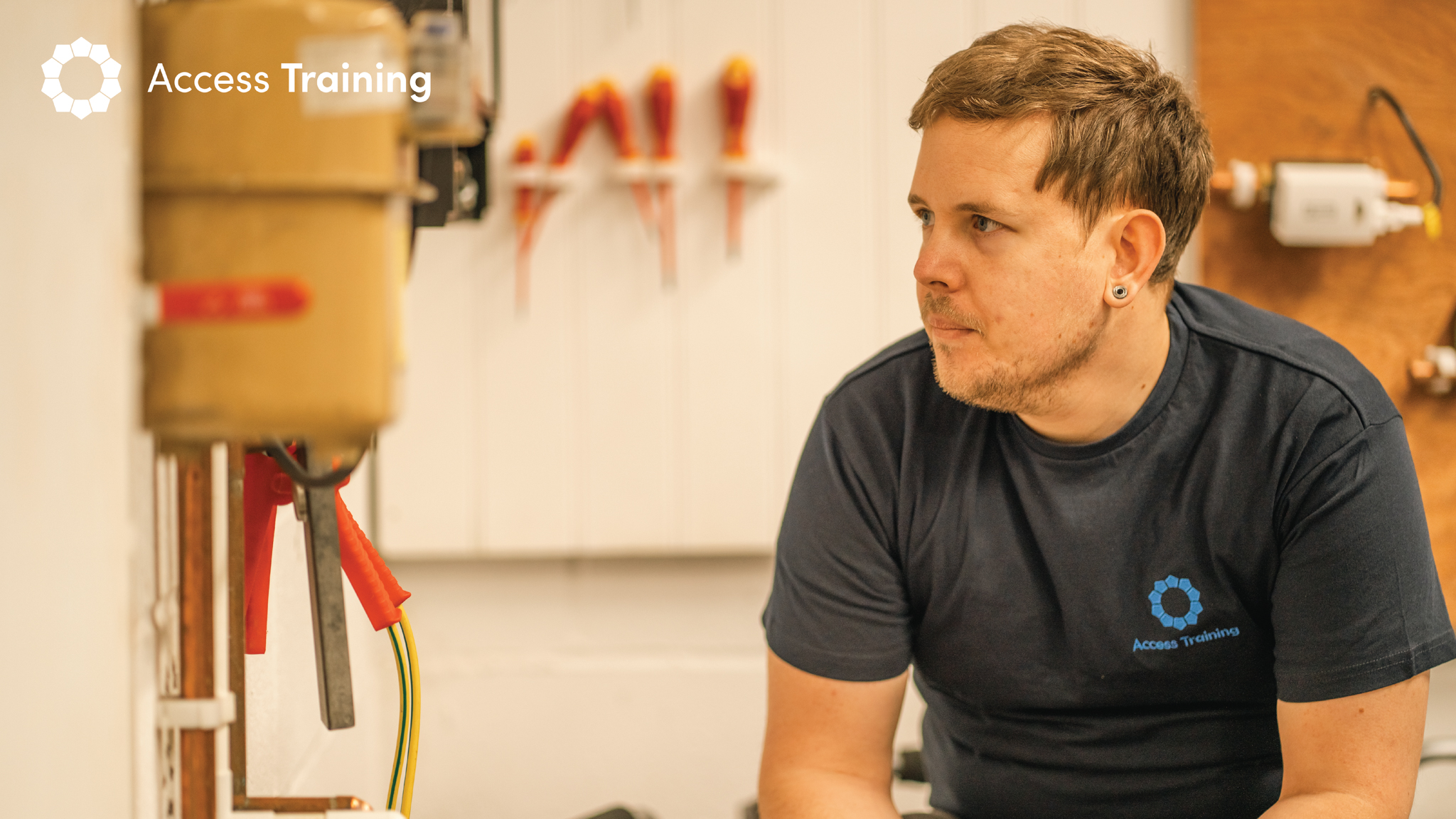
Today is A level results day, and as is the case every year, anxiety is running high. Right now, you may be feeling like your A level results will determine the rest of your life, but it doesn't have to be that way. Ultimately, it is a small hurdle in the grand scheme of life, and there are always alternative options - even if you didn't get the grades you wanted.
More...
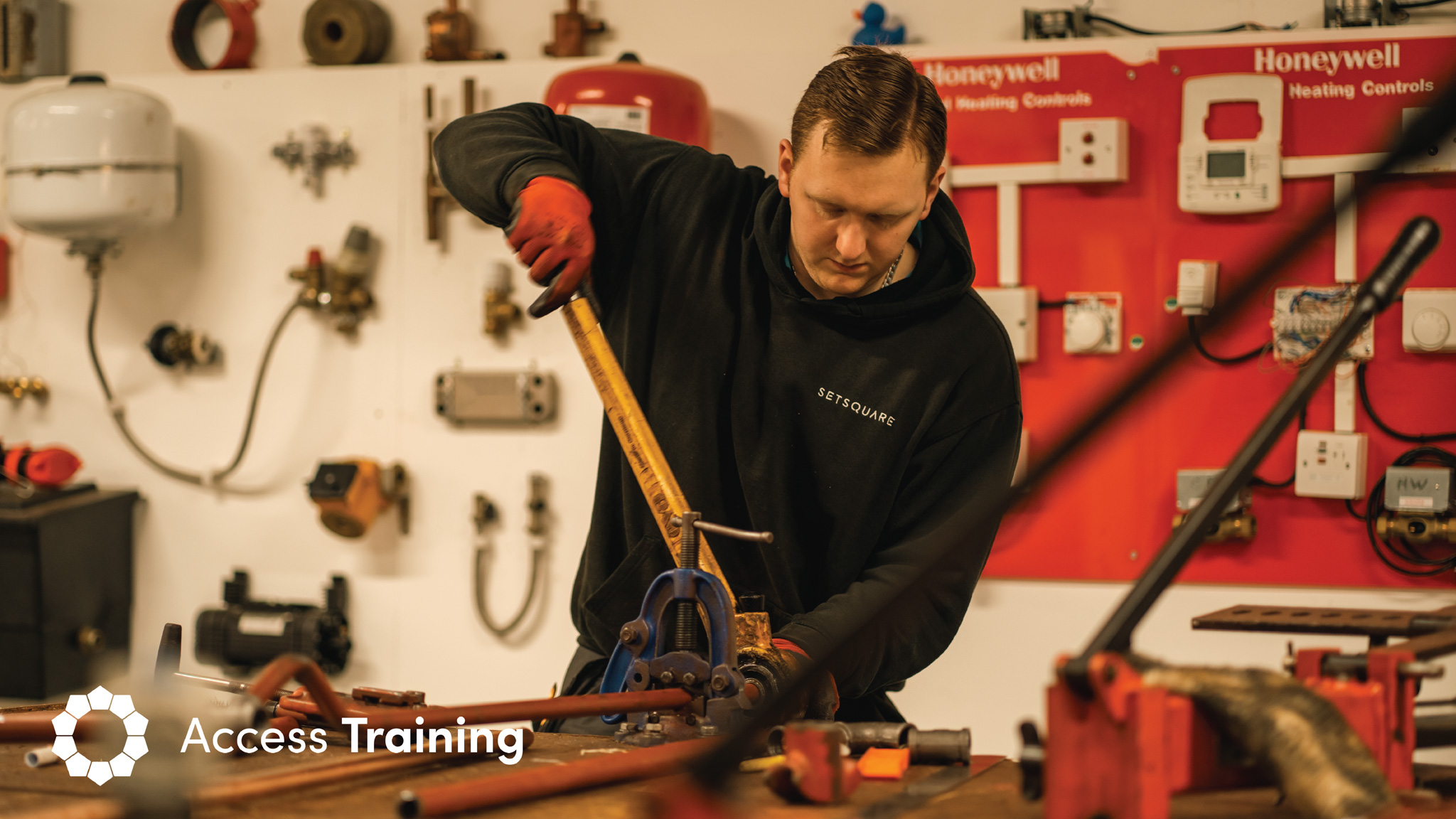
If you want to become a plumber, there are several different pathways that can get you there. Options include:
- Completing a college course or apprenticeship
- Training 'on the job' while working as a plumber's mate
- Learning your new trade at a training centre
The best option for you will depend on your personal circumstances and your career aspirations.
More...
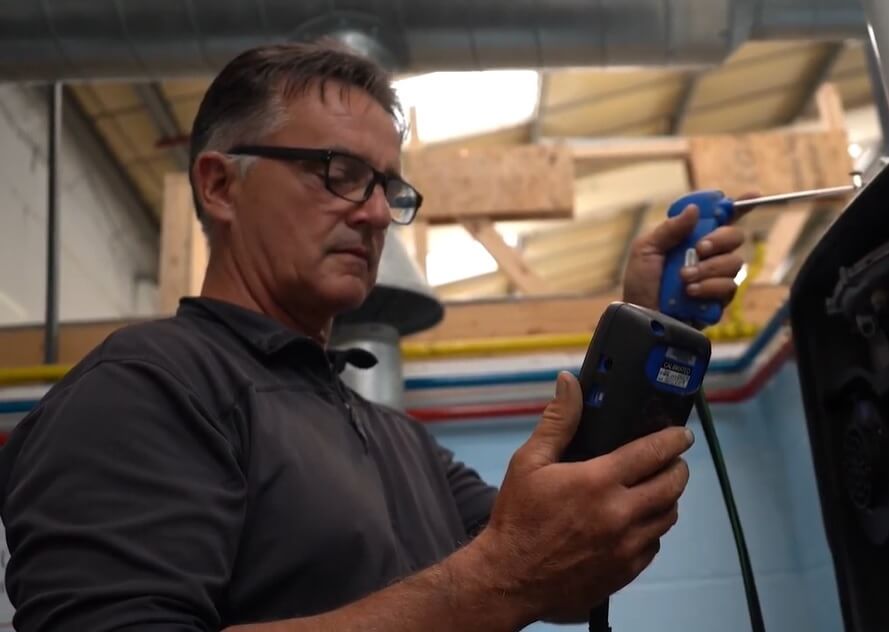
Gas-fuelled appliances can be very dangerous if they're not installed correctly. Because of this, gas appliances should ONLY be installed and serviced by competent, qualified gas engineers.
Here in the UK, gas fitters are legally required to join the Gas Safe Register before carrying out any gas work. The Gas Safe Register website makes it easy to...
- Check whether your gas engineer is registered
- Report illegal gas work
Gas Safe Register replaced CORGI in 2009, and since then, it has been the sole official gas registration body for the United Kingdom (as well as the Isle of Man, Jersey and Guernsey).
More...
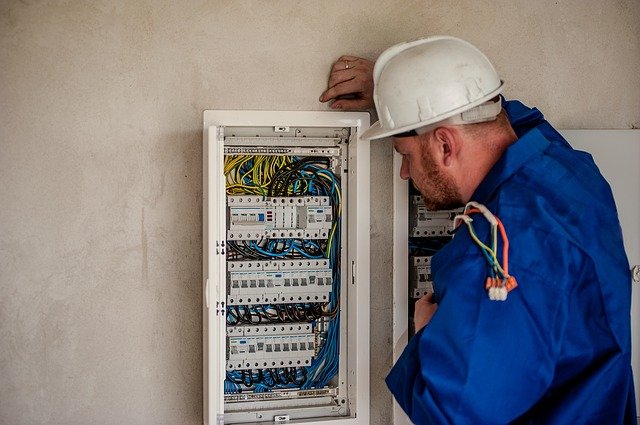
An electrical apprenticeship is kind of like a cross between a university course and a full-time job. Electrical apprentices carry out real-life electrical work (under the supervision of an experienced electrician, of course) and get paid for it; but they also spend part of their time in the classroom, studying their new trade and the theory that underpins it.
Electrical apprentices typically spend at least 20% of their working hours studying.
Some see the traditional apprenticeship route as a rite of passage for budding tradespeople. But an electrical apprenticeship is rarely the most efficient way to get qualified and start your career.
More...

Am I too old to retrain as a carpenter?
This is a question commonly asked by people in their forties who are considering a change of career.
If you're around 40 years of age and wondering whether it's too late for you to become a carpenter, allow us to reassure you that it most certainly is not!
In this blog post, we'll take a look at the options available to you as an adult learner and how you can become a carpenter at 40 with the help of Access Training.
More...
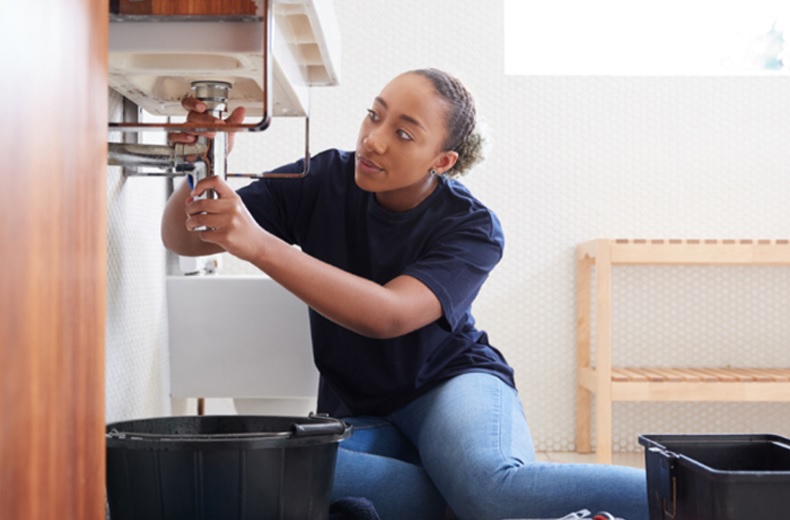
Thinking of becoming a plumber? Here's a preview of what an average working day might look like once you're qualified...
Plumbers tend to rise early in the morning, often completing the first job of the day before the nation's office workers have even switched on their computers. But while those office workers will be chained to their desks for the next eight hours, a professional plumber gets to spend the day travelling around, tackling a variety of tasks in all sorts of different workplaces.
What jobs do plumbers do?
The jobs that make up a plumber's average working day depend (to an extent) on whether that plumber is self employed or employed by someone else.
Self-employed plumbers
If you've decided to set up your own business and be your own boss, you're free to pick and choose what jobs you take on. In all likelihood, domestic plumbing repairs and installations will form the majority of the work you do.
Common jobs include:
- Stopping leaks and drips
- Unclogging drains
- Improving water pressure
- Installing new pipework
- Fitting bathrooms
- Repairing boilers*
*Note that plumbers must be Gas Safe registered in order to work on gas boilers.
Plumbers employed by somebody else
If you are employed by a commercial plumbing company, your typical working day will probably look a little different from that of a self-employed domestic plumber.
Yes, there will still be plenty of leaks to fix and drains to unblock, but you may also find yourself...
- Installing plumbing systems in new buildings
- Maintaining large-scale water supply / waste removal systems
- Carrying out work on public water mains
If you're not keen on the idea of spending lots of time in the van, zipping from one job to the next, then you might prefer a 'static' job that allows you to do all your work in one place. Many large businesses employ resident plumbers to carry out regular inspections and maintenance on the company's premises.
What hours do plumbers work?
Some plumbers work a standard nine-to-five, Monday-to-Friday week like everyone else. But there's a lot of extra money to be made if you're happy to work evenings and weekends. If your average customer is at work during the day, they'll probably want a plumber who is willing to pop by later on, when they're at home...or maybe on Saturday, when they've got the day off. And of course, some plumbing emergencies can't wait until the next weekday!
Self-employed plumbers have the freedom and the flexibility to choose their own timetable and work as many (or as few) hours as they wish. Plumbers in traditional employment usually - though not always - operate on a more rigid schedule. Both career paths have their benefits; once you've completed your training and got some professional plumbing qualifications under your belt, it will be up to you to decide which lifestyle suits you best.
Browse Our Plumbing Courses >
Further reading:
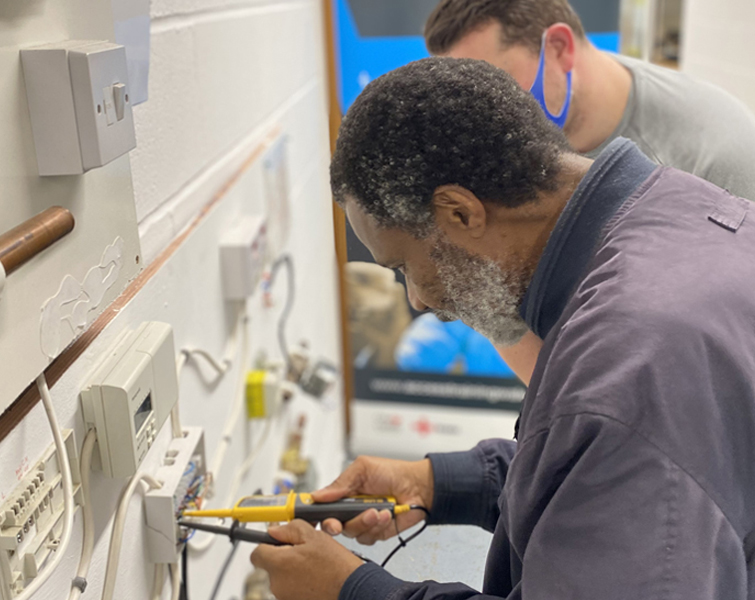
An electrical engineer is someone who designs electrical systems. This can mean anything from assisting with the construction of new homes to planning nationwide energy networks.
As you can probably imagine, this line of work demands a lot of expertise, but if you've got the right qualifications, a career in electrical engineering can be very lucrative indeed. According to payscale.com, the average salary for an electrical engineer in the UK is just over £32,000 per year - and some earn significantly more than that.
Electrical engineers are employed by all sorts of different industries, including:
- Construction
- Energy
- Transport
- Manufacturing
- Defence
What's the Difference Between an Electrician and an Electrical Engineer?
While 'electrician' and 'electrical engineer' are often used interchangeably, they are - strictly speaking - two different professions. You wouldn't hire an electrical engineer to come and fix your oven, and most jobbing electricians aren't qualified to design large-scale electrical systems.
So what exactly is the difference? Well, this is something of an oversimplification (and there is a certain amount of overlap between the two roles) but broadly speaking, electrical engineers DESIGN the jobs that electricians then CARRY OUT. Think of the electrical engineer as a composer, and the electrician as a concert pianist; one writes the music, the other performs it.
How to Become an Electrical Engineer
If you simply want to work as a domestic electrician, you will need the following qualifications (which make up our Essential Electrical Course):
- Part P Domestic Installer
- 18th Edition Wiring Regulations
- Building Regulations for Electrical Installations in Dwellings
If you want to pursue a career in electrical engineering, you will need to know how to design electrical systems. Our Electrical Design Course (which includes a Level 4 design and verification qualification) is recommended for candidates who already have some professional electrical experience under their belts.
Beginners who wish to forge a career in electrical engineering may be interested in our Premier Electrical Course - this comprehensive training package consists of eight different qualifications, covering everything from basic electrical theory all the way through to the design and verification of new installations. No prior knowledge or experience is required to enrol on this course.
View All Electrical Courses >
If you want to become an electrical engineer but you're not sure where to start, please contact Access Training Academies today - our course advisors will start you down the path to your new career.